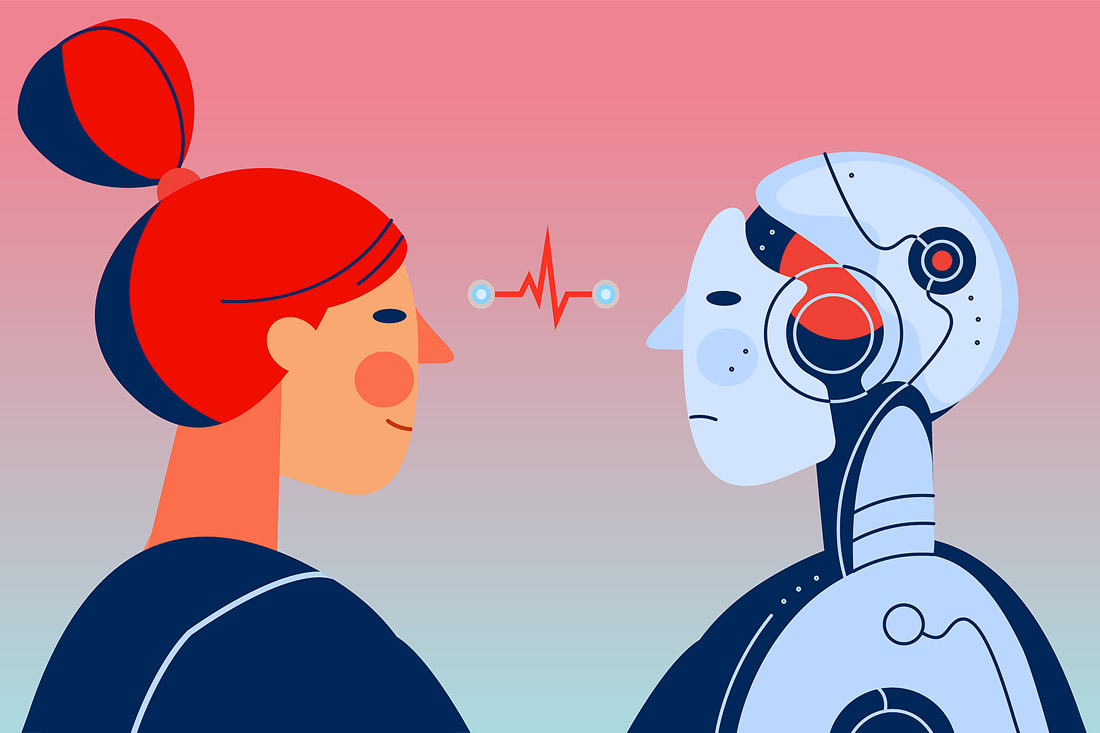Why Human Campaign Consultants Aren’t Going Anywhere (Despite AI)

AI has quickly become a helpful resource for nonprofits, assisting with data analysis, drafting proposals, and generating fundraising messages. While these benefits can streamline processes, AI can’t replace the judgment and experience that human consultants offer during a capital campaign.
Cost-Cutting with AI Is Not Without Risk
With many nonprofits operating on tight budgets, it’s no surprise that the promise of cost savings through AI is enticing. However, relying too heavily on AI comes with a number of risks.
First and foremost, there are critical parts of campaign strategy and success that only human experience can address. One of the biggest challenges in fundraising isn’t just executing tasks — it’s making the right strategic choices at the right time.
Human consultants bring intuition, contextual awareness, and deep personal experience to the table, helping organizations navigate complex donor dynamics and shifting campaign landscapes in ways that AI simply can’t.
AI’s Blind Spots in Strategic Decision-Making
AI lacks the ability to distinguish between an effective strategy and one that’s doomed to fail. Its insights rely on patterns and historical data, but these algorithms don’t account for a number of things:
- The nuances of donor relationships
- Organizational culture
- Market conditions
These elements are crucial to crafting a winning campaign.
An Example of How AI Can Steer You Wrong
For instance, if you ask an LLM like ChatGPT whether to send a mailing for campaign fundraising, it will likely say yes and even provide tips for writing the letter. But in a quiet phase, that’s generally the wrong move.
AI isn’t able to tell you that this strategy could waste time and resources because it can only provide answers to questions you ask — and there are gaps in your own knowledge that it can’t (and won’t) anticipate.
In contrast, a campaign consultant that’s working at your side and fully aware of your situation will help you navigate your campaign strategy far more effectively. They have years of experience to keep you on the right path. What’s more, they can anticipate answers to questions you don’t even know to ask.
AI Works Best as a Support Tool
AI can still be incredibly helpful — particularly when used to handle routine tasks. It allows your team to focus on activities that require deeper creativity and human connection, like building donor relationships, refining strategy, and making thoughtful asks.
The most successful campaigns use AI as a supplement, not a substitute.
By leveraging AI to take care of administrative tasks, research, and content drafting, nonprofits can free up valuable time for their teams. But the key to success is knowing where to draw the line — human expertise must still guide the overarching strategy and decision-making.
Experienced Professionals Are Key
When you’re preparing for a capital campaign, AI should be viewed as a useful tool, but not as a guide. Experienced professionals bring judgment, flexibility, guidance, and a deep understanding of donor engagement. These are skills that AI simply cannot replicate.
While AI will continue to improve and assist, the human element is what drives a campaign’s success. Trusting professionals to build strategy, address challenges, and nurture authentic donor relationships is the best way to ensure strong results.
Get Your Campaign Questions Answered
Join our community for these monthly town-hall style discussions and get answers to your most burning questions in real time.



Leave a Comment